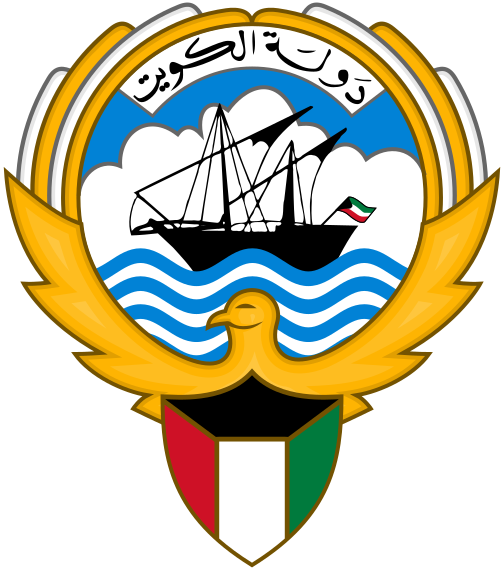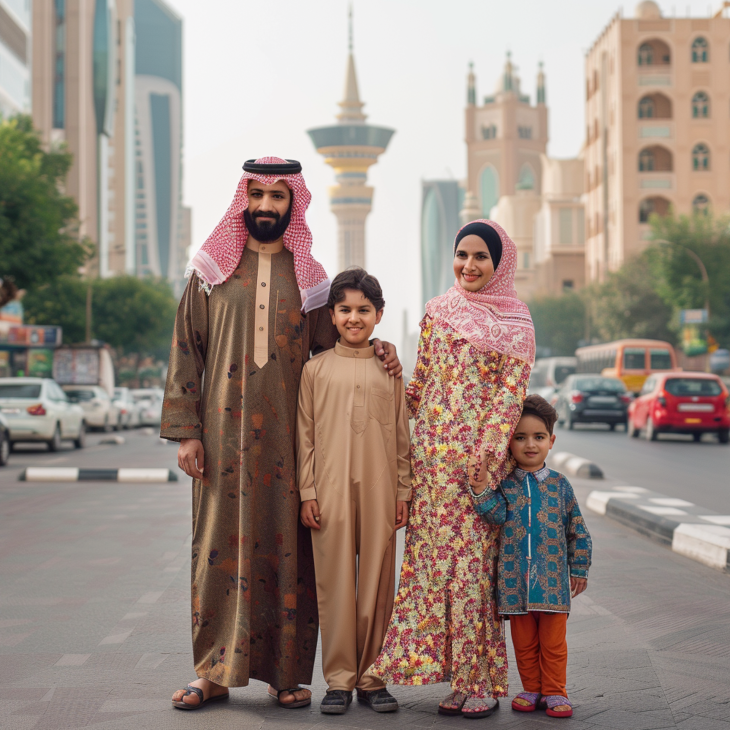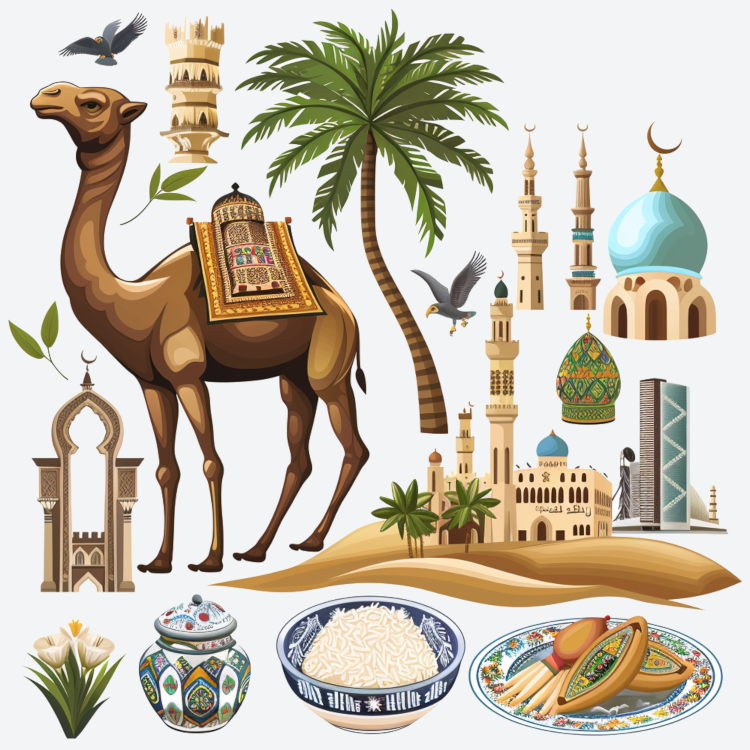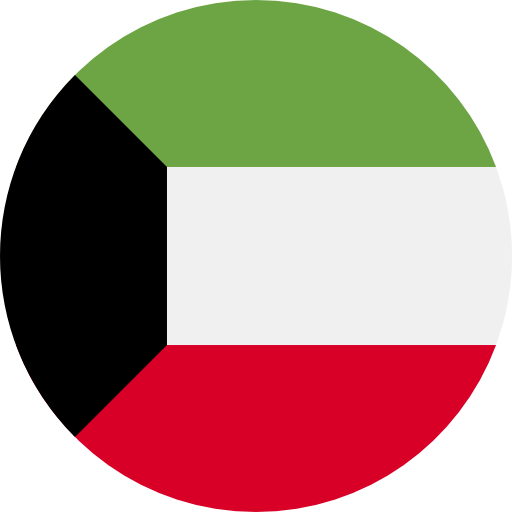
Location
Kuwait is a country located in the Middle East, situated at the northern tip of the Arabian Peninsula. It is bordered by Iraq to the north and west, and Saudi Arabia to the south.
Capital
The capital city of Kuwait is Kuwait City, which is also the largest city in the country.
Population
As of the latest estimates, Kuwait has a population of approximately 4.3 million people, with a significant portion being expatriates.
Area
Kuwait covers a total land area of about 17,818 square kilometers (6,880 square miles).
Official Language
The official language of Kuwait is Arabic.
Government
Kuwait is a constitutional monarchy with a parliamentary system. The Emir of Kuwait is the head of state, and the Prime Minister is the head of government. The National Assembly, consisting of elected members, serves as the legislative body.
Independence
Kuwait gained independence from British protection on June 19, 1961.
Currency
The currency of Kuwait is the Kuwaiti Dinar (KWD).
Economy
Kuwait has a petroleum-based economy, with oil reserves being one of the largest in the world. The petroleum industry accounts for a significant portion of the country's GDP and government revenue. Kuwait also has investments in other sectors such as finance, real estate, and construction. The government has implemented economic diversification efforts to reduce dependence on oil revenues.
Culture
Kuwait has a rich cultural heritage influenced by its history as a trading hub and its Arab, Islamic, and Bedouin roots. Traditional Kuwaiti culture values hospitality, family, and community. The country is known for its traditional music, dance, cuisine, and festivals.
Religion
Islam is the predominant religion in Kuwait, with the majority of the population adhering to the Sunni branch of Islam. There is also a significant Shia Muslim minority.
Landscapes
Kuwait's landscape is characterized by flat desert terrain with some low-lying mountains in the west. The country has a coastline along the Persian Gulf, which is known for its beaches and resorts.
Modern Development
Kuwait has undergone significant modernization and development, with a focus on infrastructure, education, and healthcare. The country is home to modern skyscrapers, shopping malls, and cultural institutions.
National Items of Kuwait
Arabian Camel (Dromedary)
The Arabian Camel, or Dromedary (Camelus dromedarius), is an important symbol of Kuwait. Known for its ability to thrive in desert conditions, it represents endurance, resilience, and the traditional Bedouin lifestyle.
Arfaj
The Arfaj (Rhanterium epapposum) is the national flower of Kuwait. This yellow-flowering plant is well adapted to the arid desert environment and symbolizes the natural beauty and resilience of Kuwait's flora.
Palm Tree
The Palm Tree (Phoenix dactylifera) is significant in Kuwait's culture and economy. It symbolizes prosperity, sustainability, and agricultural heritage, particularly in date production.
Sadu Weaving
Sadu Weaving is a traditional Bedouin craft in Kuwait, characterized by geometric patterns woven into fabric. It represents the rich cultural heritage, artistry, and traditional skills of the Kuwaiti people.
Mutabbaq Samak
Mutabbaq Samak, a traditional Kuwaiti fish and rice dish, represents the rich culinary traditions and maritime heritage of Kuwait.
Pearl Diving
Pearl Diving is an important part of Kuwait's historical economy and cultural heritage. It symbolizes the traditional maritime skills, economic history, and the connection to the sea.
Falcon
The Falcon is a symbol of power, grace, and hunting prowess in Kuwait. Falconry is a traditional sport that represents the Bedouin heritage and cultural significance of falcons in the region.
Al Sadu House
Al Sadu House is a cultural institution in Kuwait dedicated to preserving and promoting traditional Bedouin weaving. It symbolizes the country's commitment to preserving its cultural heritage and artistic traditions.
Boom Boat
The Boom Boat is a traditional wooden dhow used in Kuwait for fishing, trading, and pearl diving. It symbolizes the maritime heritage, craftsmanship, and the historical significance of the sea in Kuwaiti life.
Kuwait Towers
The Kuwait Towers are iconic landmarks in Kuwait City. They symbolize modern architectural achievements, national pride, and the country's progress and development.
Desert
The Desert is a significant natural feature of Kuwait, representing the country's landscape, natural beauty, and the traditional Bedouin way of life.
Kuwaiti Dinar (KWD)
The Kuwaiti Dinar (KWD) is the currency of Kuwait. It symbolizes the country's economic strength and financial system.

This anthem expresses a deep sense of patriotism and dedication to protecting the homeland, seeking divine guidance and blessings for the country's prosperity and security.
The national anthem of Kuwait is called "An-Nashīd al-Waṭanī al-Kuwaytī" in Arabic, which translates to "National Anthem of Kuwait" in English. Here are the lyrics in Arabic along with an English translation:
يا ربّ يا ربّ يا ربّ
نحمي نور الوطن في الدنيا
يا ربّ يا ربّ يا ربّ
نحمي نور الوطن في الدنيا
وفي العالمين يا ربّ
وفي العالمين يا ربّ
وفي العالمين يا ربّ
وفي العالمين يا ربّ
Oh God, oh God, oh God,
We protect the light of the homeland in the world.
Oh God, oh God, oh God,
We protect the light of the homeland in the world.
And in both worlds, oh God,
And in both worlds, oh God,
And in both worlds, oh God,
And in both worlds, oh God.
To get a deeper view of the country please see the Video Guide of Kuwait





